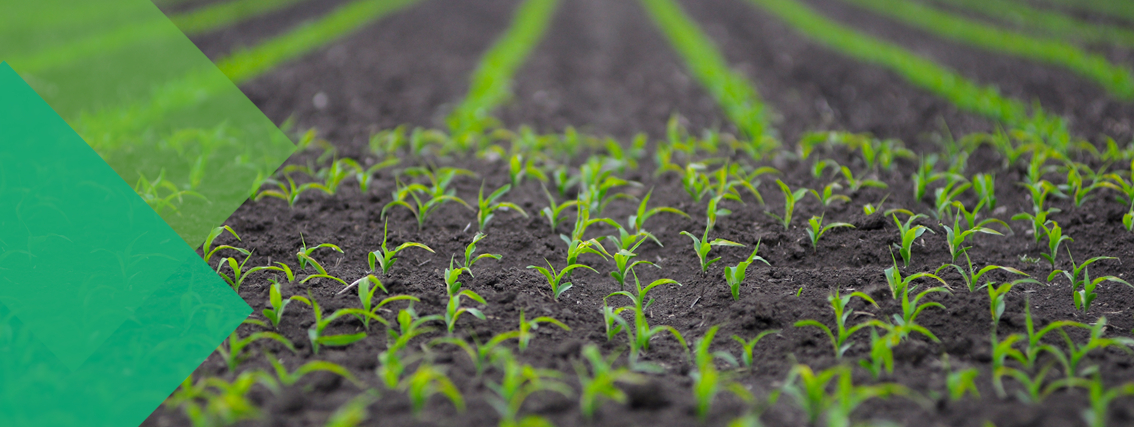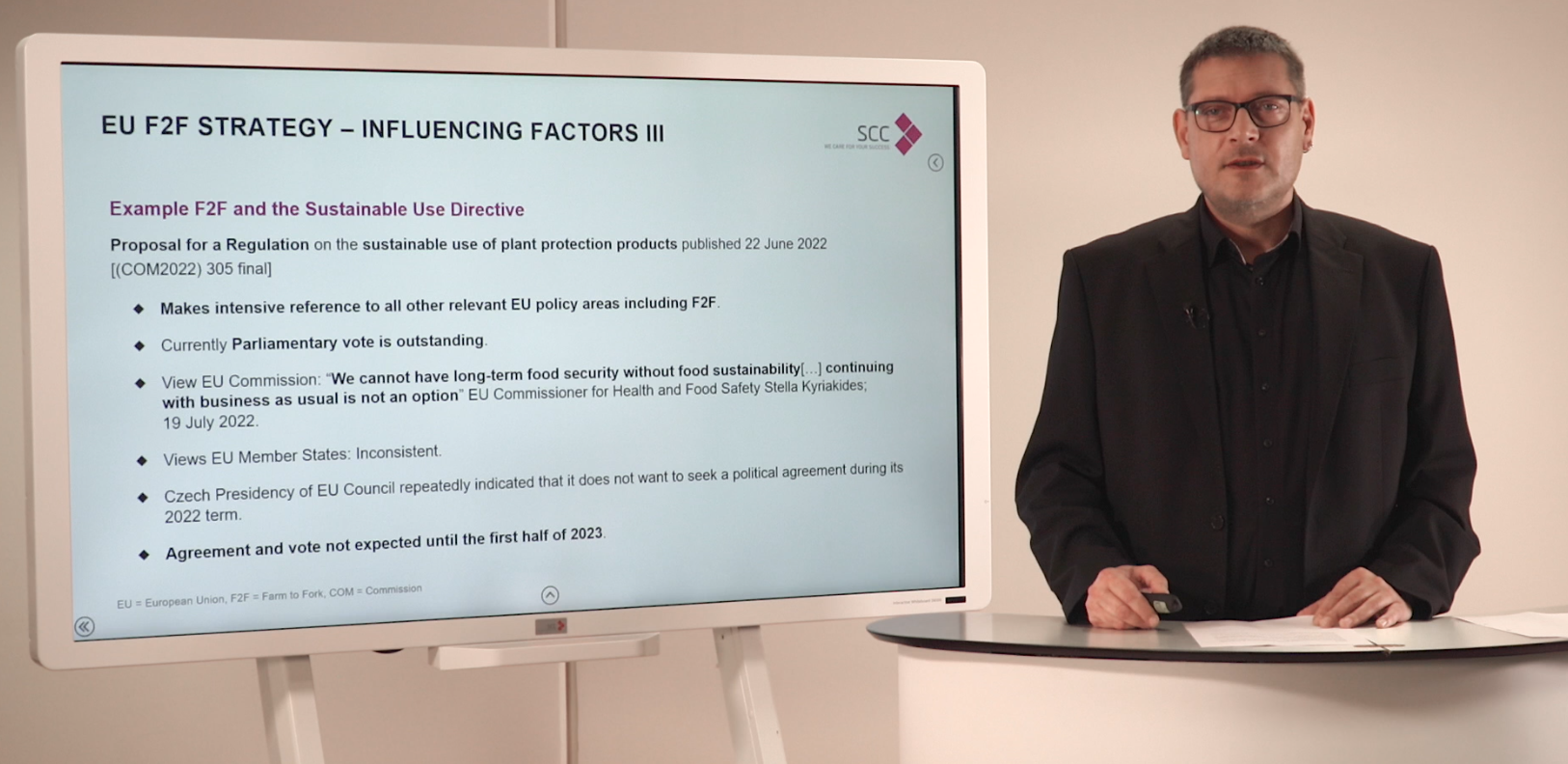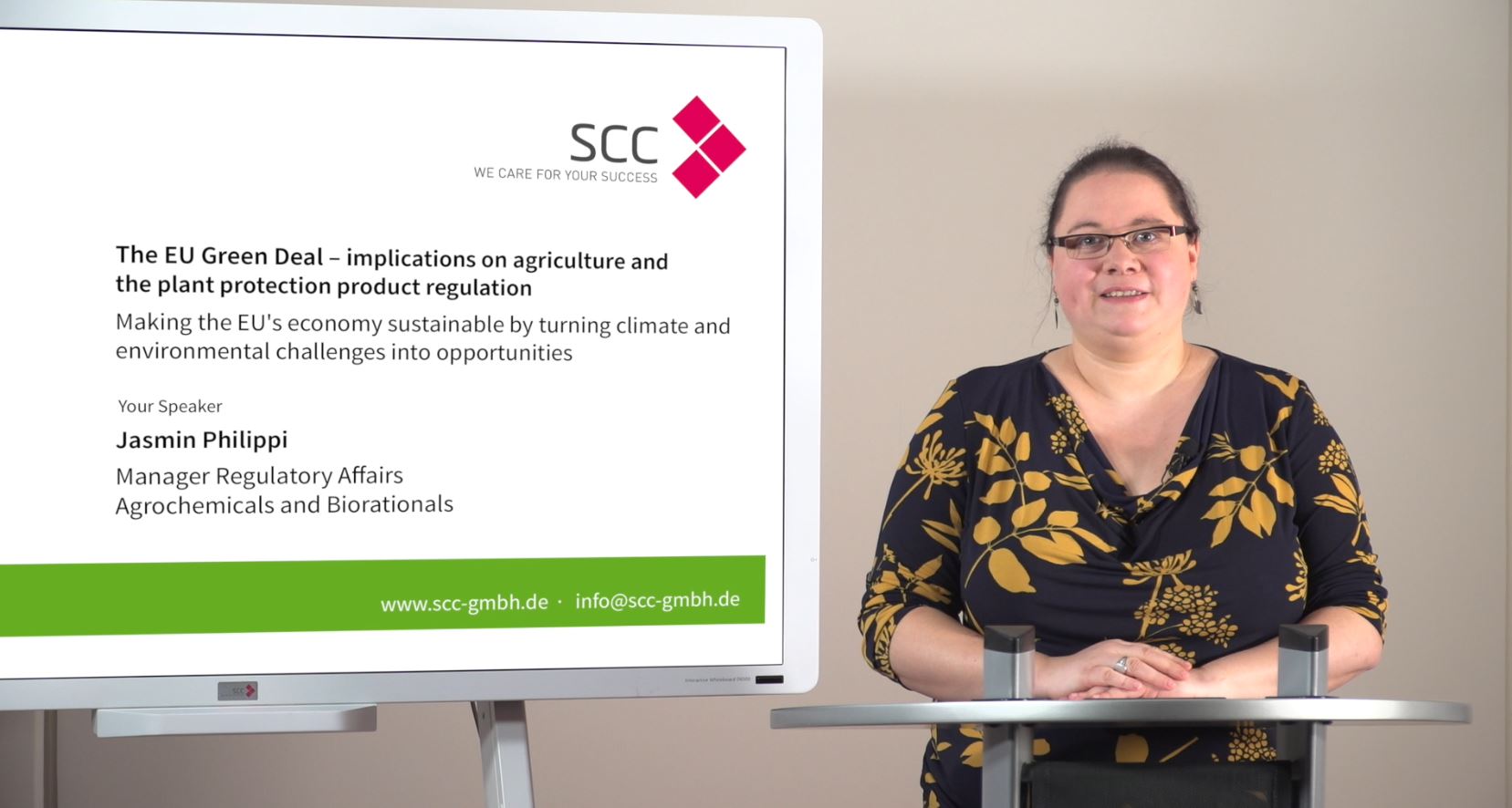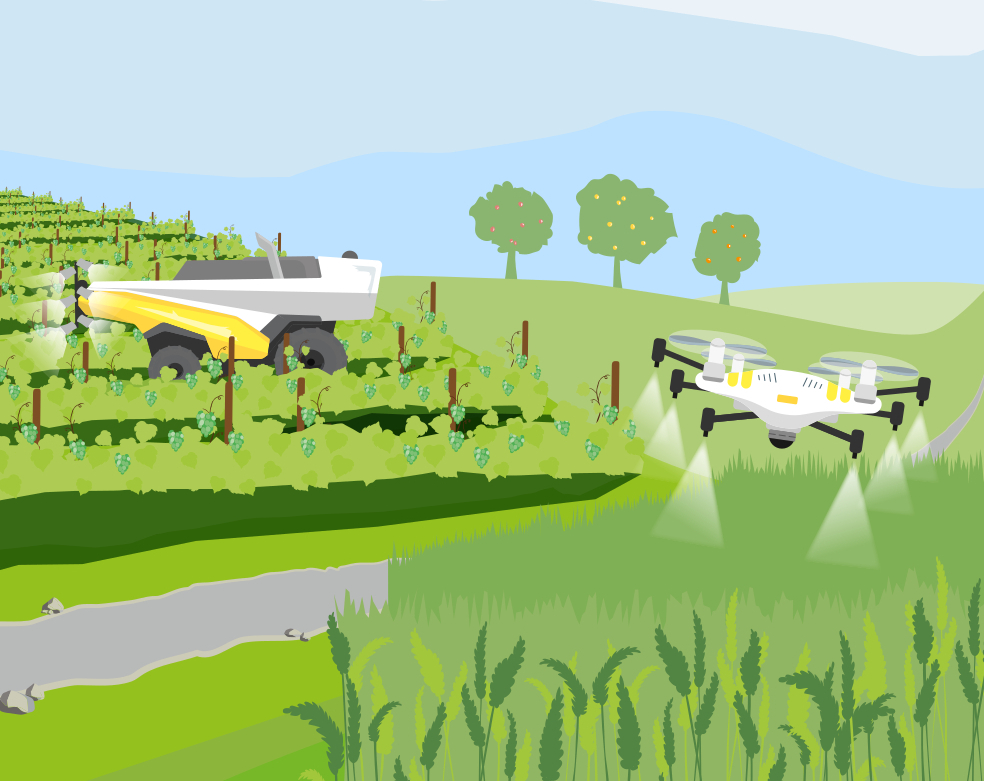Sustainable Farming
Integrated Pest Management (IPM)
In the EU, Integrated Pest Management (IPM) is one of the key elements of Integrated Production (IP), being mandatory for professional users since 2014.
The Sustainable Use Directive 2009/128 defines IPM as “careful consideration of all available plant protection methods and subsequent integration of appropriate measures that discourage the development of populations of harmful organisms and keep the use of plant protection products and other forms of intervention to levels that are economically and ecologically justified and reduce or minimise risks to human health and the environment. ‘Integrated pest management’ emphasises the growth of a healthy crop with the least possible disruption to agro-ecosystems and encourages natural pest control mechanisms”.
National Action Plans and national guidance have not considered IPM sufficiently until now. On European level, the new EU Green Deal, including Farm to Fork and Biodiversity Action Plans, calls for an EU-harmonised approach for IPM implementation. This opens new possibilities offering real benefits across the value chain of active substances and products. IPM compliance is a value-add not only for marketing and sales of plant protection active substances and products, but also a significant benefit in the registration procedure. This applies both for biorationals and agrochemicals. One example is the implementation of reduced dose rates and the number of necessary applications if an agrochemical is incorporated in a suitable IPM-strategy.
To fulfil the requirements for a more thorough implementation of IPM in the agricultural practise, IPM methods have to be integrated, for example, in product performance and efficacy testing and evaluation. This is often possible without increasing the costs for product testing through using “statistical spare treatments” for testing of IPM strategies.
Precision Farming
Precision agriculture or precision farming is a farming management concept using digital techniques for monitoring and optimising agricultural production processes, e.g. weather-based forecasting models. Forecasting models can be integrated in Decision Support Systems (DSS), combining disease monitoring data, use of decision thresholds and predictive models.
Integrated model-based decision support systems have the potential to improve the effectiveness for controlling crop diseases, while minimizing economic costs, environmental impacts, and yield losses. They also play a key role in the successful implementation of long-term Integrated Pest Management (IPM strategies) as required by Directive 2009/128/EC concerning the sustainable use of pesticides and the National Action Plans.
Organic Farming
The framework for organic production on the European level is set by Regulation (EU) 2018/848 (basic act). Further requirements regarding organic farming are implemented by detailed secondary legal acts.
The new legal/regulatory rules for organic farming are accompanied by a comprehensive organic action plan for the European Union pursuing the aim to achieve the European Green Deal target of 25% of agricultural land under organic farming by 2030.
Our services for IPM, Precision and Organic Farming
SCC helps you examine your portfolio to identify products with IPM, organic and precision farming potential and advise you on regulatory and scientific aspects of sustainable integrated crop management. Our services include:- In-depth data analysis
- Survey of products and portfolios
- Developing sustainable registration strategies
- R&D support
- Comprehensive dossier support
- Notification and registration support





